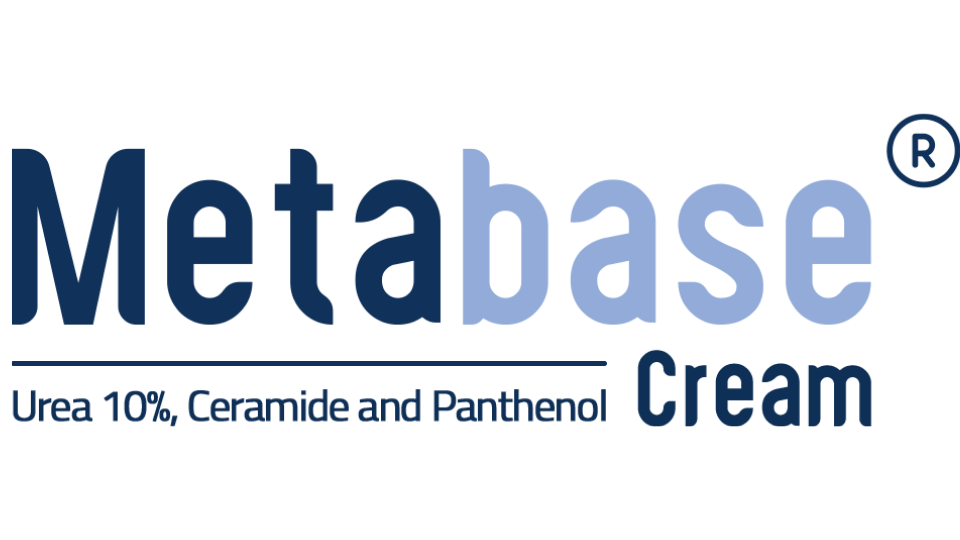
Allantoin
1. What is Allantoin?
Allantoin is a compound found naturally in several plants like comfrey, chamomile, and sugar beet. It is also present in the human body as a byproduct of purine metabolism. In skincare, allantoin is typically used in its synthesized form, which is chemically identical to the natural version. Known for its excellent skin compatibility, allantoin is a multifunctional ingredient used in a wide variety of medical and cosmetic formulations to soothe, hydrate, and repair the skin.
2. Allantoin Role for Skin
Allantoin supports the skin in multiple ways, making it a key ingredient in dermatological products:
- Moisturizing Agent: Helps bind water to the skin, improving softness and preventing dryness or flakiness.
- Exfoliation Support: Gently promotes the natural shedding of dead skin cells, enhancing smoothness and clarity.
- Soothing Property: Reduces discomfort by calming irritation, itching, and inflammation.
- Wound Healing Support: Accelerates tissue regeneration and soothes irritated or damaged areas.
- Potential Effects on Collagen: Some studies suggest allantoin may stimulate collagen production, contributing to improved skin firmness over time.
3. Benefits for Specific Skin Conditions
Allantoin is clinically valuable for managing a variety of skin concerns due to its gentle, non-irritating nature:
- Atopic Dermatitis and Eczema: Soothes itching, reduces inflammation, and supports repair of compromised skin barriers.
- Psoriasis: Softens thickened patches, improves flaking, and reduces sensitivity without triggering flare-ups.
- Keratosis Pilaris: Assists in loosening keratin plugs, leaving the skin smoother and more even.
- Post-procedure Skin: Aids recovery after laser, chemical peels, or dermabrasion by reducing redness and irritation.
- Dry or Rough Skin: Hydrates and exfoliates gently, leaving skin soft, supple, and less prone to cracking.
4. Allantoin in Metabase Cream
In Metabase Cream, Allantoin plays a vital role in calming inflammation and supporting the skin’s natural healing processes. Combined with other powerful ingredients like Urea, Ceramides, and Panthenol, it enhances skin comfort, reduces sensitivity, and improves hydration. Its exfoliating and renewing effects also help refine skin texture, making it especially effective for treating dryness, rough patches, or irritation in areas such as the elbows, hands, and feet.
5. Mild and Safe
Allantoin is widely trusted in dermatology for its excellent safety profile. It is well-tolerated, even by sensitive or compromised skin, thanks to its gentle action and low risk of side effects. It’s slowly absorbed, quickly metabolized, and not known to cause irritation on its own — making it a go-to ingredient in soothing lotions, baby care products, and sensitive skin formulas.
You’ll often find it in tear-free shampoos, post-procedure skincare, and pediatric creams. However, when combined with other potent actives like exfoliants or acids, the overall formula might cause temporary sensitivity — not due to allantoin itself, but due to the strength of the full blend.
As always, introducing one new product at a time and monitoring skin response is a smart, skin-safe approach — especially if you’re prone to sensitivity.
